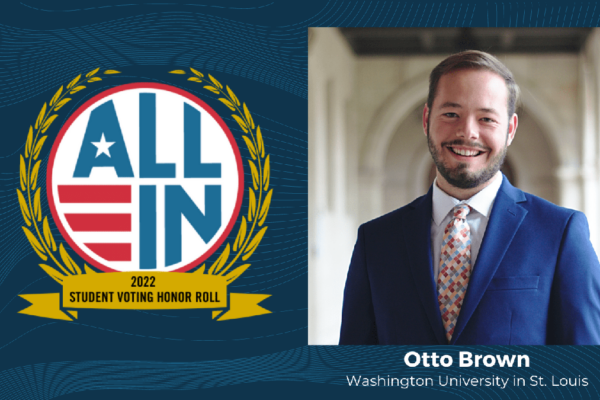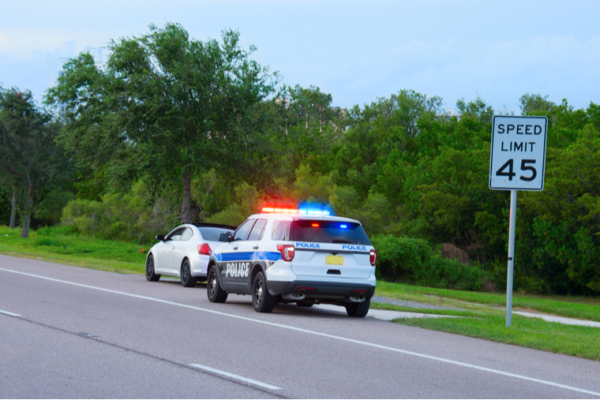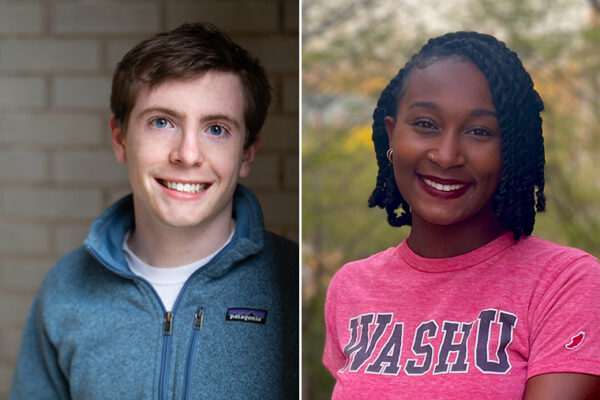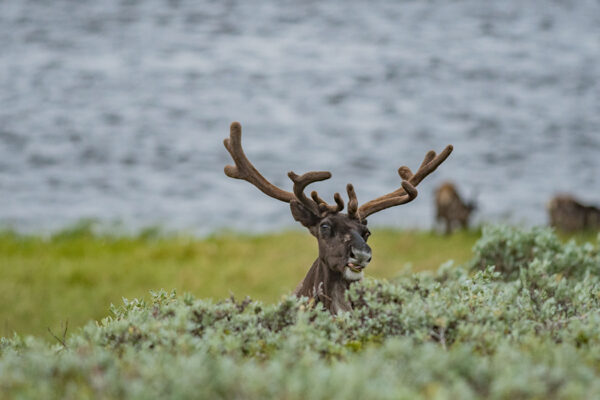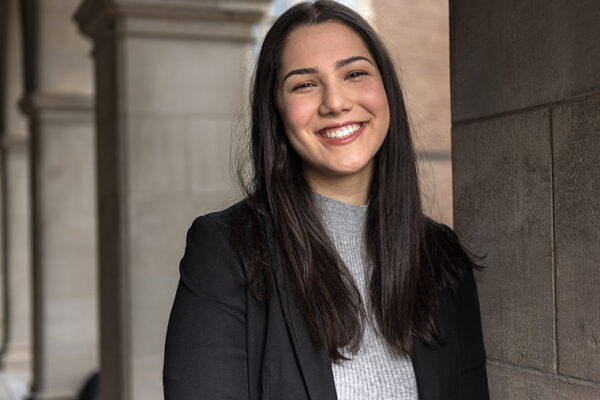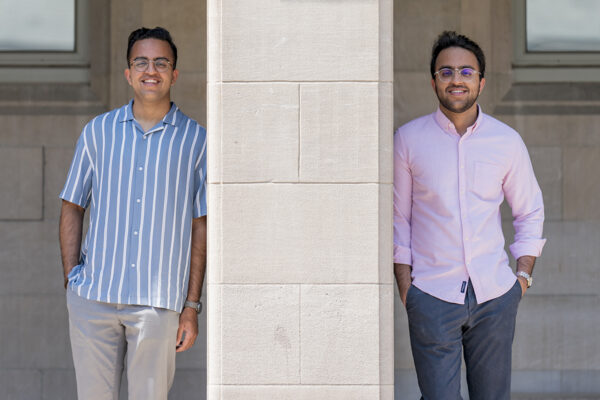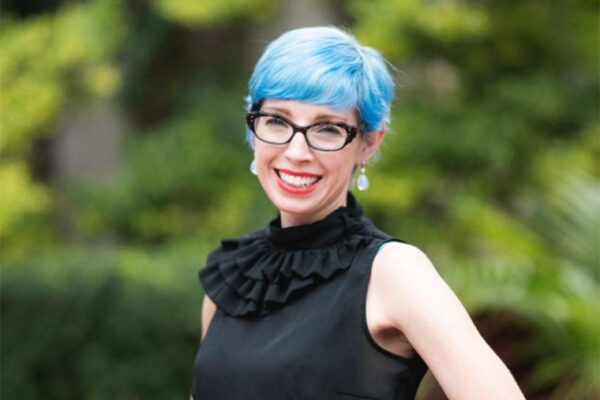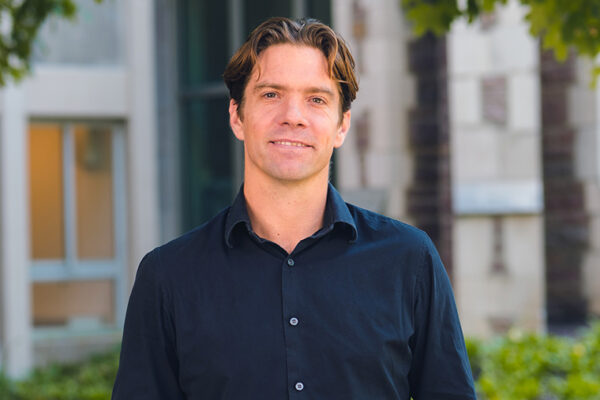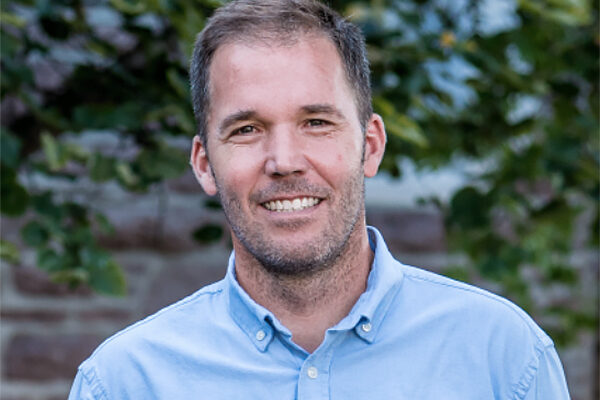Brown recognized by All In for student voting work
Otto Brown, a rising senior studying economics and political science in Arts & Sciences, has been recognized by the All In Campus Democracy Challenge as a member of its All In Student Voting Honor Roll.
Demographics, not bias, best predict traffic stops
New research from the lab of psychologist Calvin Lai in Arts & Sciences shows that the racial demographics of a county, more than other factors, help predict discrepancies when it comes to who gets pulled over by police.
Astronomers unveil first image of Milky Way’s black hole
Michael Nowak, research professor of physics in Arts & Sciences, is part of the global research team that shared the first image of the supermassive black hole at the center of our own Milky Way galaxy.
Undergraduate biologists awarded 2022 Quatrano, Spector prizes
Ethan Lowder, a December 2021 graduate who majored in the biochemistry track of biology in Arts & Sciences, won the Ralph S. Quatrano Prize; Kayla Wallace, a senior majoring in environmental biology with a minor in anthropology in Arts & Sciences, received the Spector Prize.
Nonlethal parasites reduce how much their wild hosts eat, leading to ecosystem effects
Research from the Living Earth Collaborative highlights the cascading consequences of common parasitic infections. Although many of these infections are not lethal, they can still impact health or animal behavior, leading hosts to eat less vegetation. The study led by biologist Amanda Koltz in Arts & Sciences is published in the Proceedings of the National Academy of Sciences.
Class Acts: Gabriella Smith
Gabriella Smith, a senior biology major in Arts & Sciences at Washington University in St. Louis, is a champion for access to mental health services. She hopes to combine her passion for working with children with her leadership skills to pursue a career in medicine that incorporates patient care, research and advocacy.
Class Acts: Akhil and Rohith Kesaraju
At the end of high school, twins Akhil and Rohith Kesaraju were ready to go their own ways. Then they visited Washington University, and everything changed. Now, preparing to graduate, the Kesaraju twins have grown both apart and together on parallel paths of service and research.
G’Sell on ‘Petite Maman’ and ‘What Do Women Really Deserve?’
Eileen G’Sell, senior lecturer in Arts & Sciences, has published two pieces on French filmmaker Céline Sciamma as well as the Current Affairs essay “What Do Women Really Deserve?”
Neon ice shows promise as new qubit platform
Kater Murch, professor of physics in Arts & Sciences, helped an Argonne Laboratory team with their effort to create a new form of qubit, reported in a recent Nature paper. This system shows great promise to be developed into ideal building blocks for future quantum computers.
Gustafson receives Bryce Wood Book Award
The 2020 book “Bolivia in the Age of Gas” explores how the struggle over natural gas has reshaped Bolivia. The work by Bret Gustafson, in Arts & Sciences, won the 2022 Bryce Wood Book Award from the Latin American Studies Association.
View More Stories
